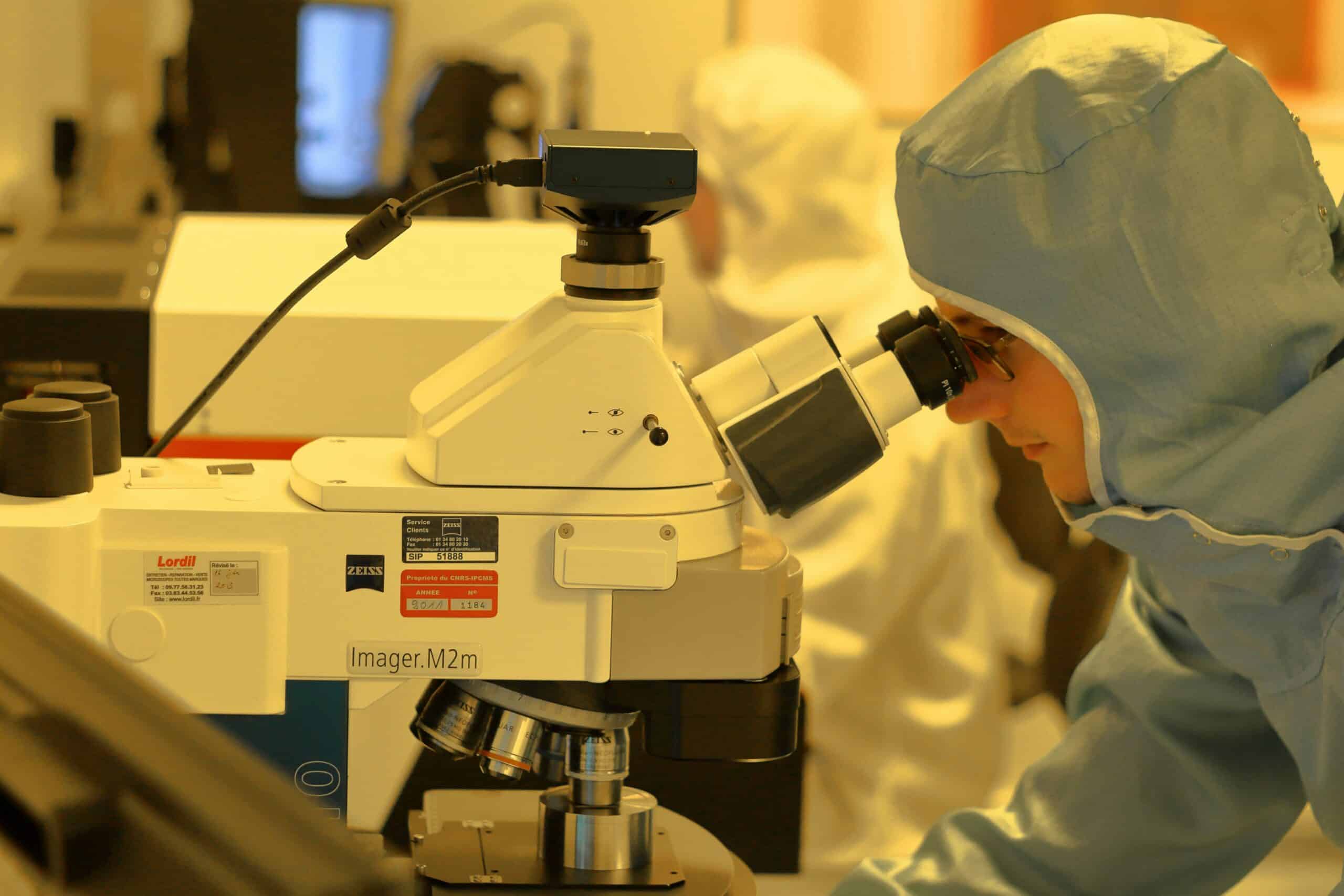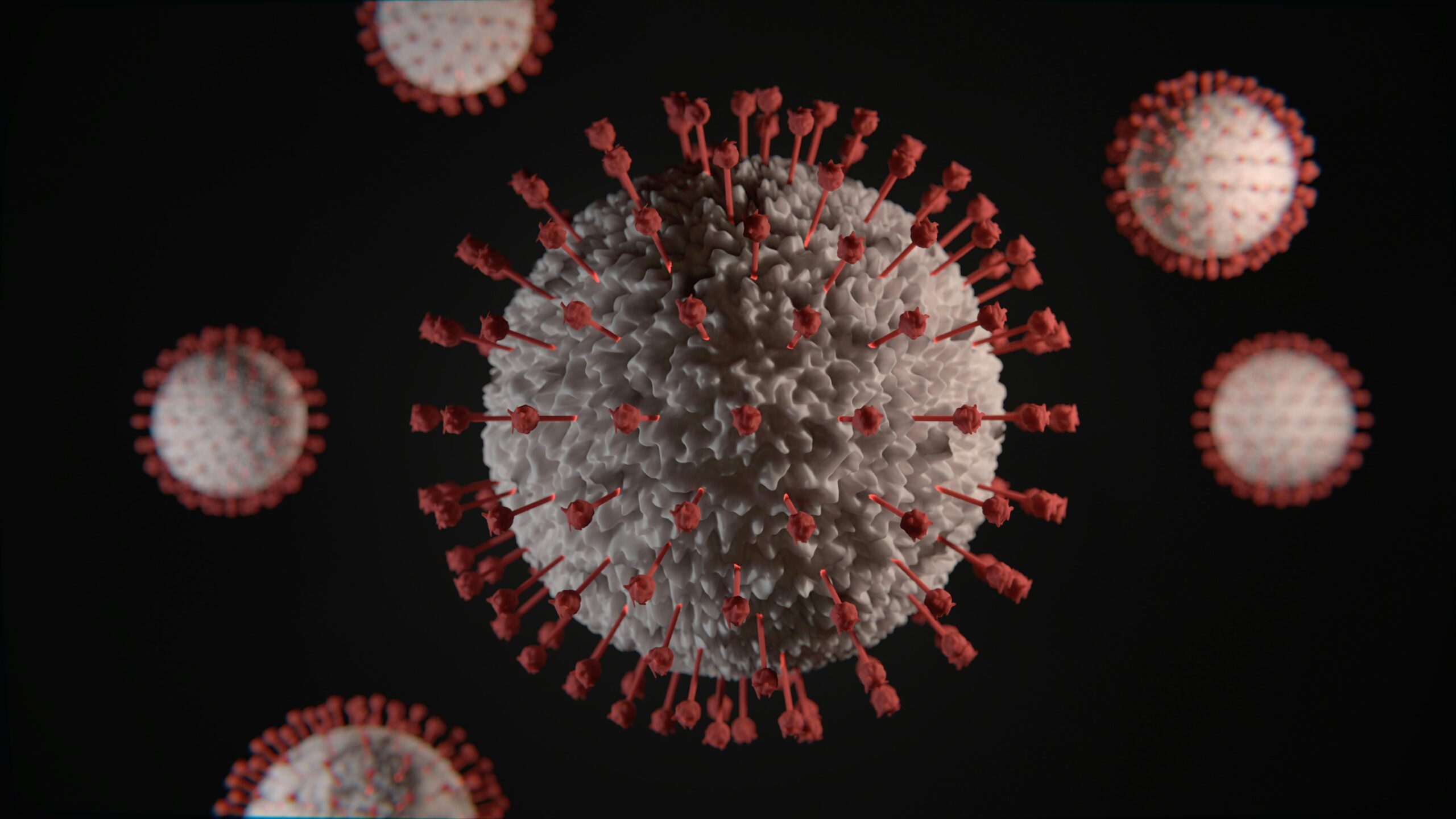Science Impartiality (2025)
Research Misconduct: Sources and Experiences
Section 01
Survey Overview and Demographics
General Overview
Study Date: 24.03.25–21.04.25
Geographic Coverage: United States
Expertise:
- 44.6% Biology
- 22.5% Public Health
- 11.4% Chemistry
- 10.7% Civil and Environmental Engineering
- 6.5% Geography
- 4.4% Computer and Information Science and Engineering
Response Overview
Sample Size: 1366
Valid Responses: 429
Response Rate: 31.8
Date initial findings posted: 07.22.25
Most recent update: 07.22.25
Days survey in field: 29
Average response time: 12.6 mins
Survey Demographics
Respondent Demographics:
- 40.6% Female
- 59.2% Male
- 100% Academic
- 0% Industry
Language(s): English
Section Overview
In this section, we asked scientists their opinions regarding activities that may or may not be considered research misconduct and possible causes.
Question
Finding:
The top three forms of research misconduct scientists report as being extremely serious are fabricating data (90%), willfully suppressing or distorting data (76%), and violating laws related to human and animal research or biosafety (68%).
Other forms of misconduct that more than half of respondents view as “extremely serious” include making false accusations of misconduct (66%), plagiarism (64%), manipulating experiments through statistical techniques (62%), deceptively and selectively reporting findings (59%), and misappropriating funds (54%).
Question
Finding:
The three types of misconduct that approximately half of the scientists in our sample believe their colleagues have never engaged in during the past five years include: making false accusations of scientific misconduct (50%), fabricating data (50%), and violating regulations and laws about human subjects and animal research, biosafety, and radiation safety (46%). Also, during the past five years, more than one-third (37%) believe colleagues within their institution have not submitted manuscripts to more than one journal at a time, and nearly one-third (31%) believe their colleagues have never misappropriated funds.
Other activities scientists believe their colleagues have never engaged in (during the past five years) include suppressing or distorting data (29%), failing to report misconduct (26%), failing to declare conflicts of interest (24%), deceptively manipulating experiments (24%), and deceptively and selectively reporting findings (24%).
Question
Finding:
Pressure to publish is most widely recognized as a major cause of research misconduct (78%). Nearly half (44%) of scientists in our sample identified time pressures as a major cause of misconduct, while one-quarter identified lack of funding (26%) and political interference (25%).
Question
Finding:
Among respondents, 47% believe that expanding political control over the U.S. science system will increase research misconduct “a lot,” while one-third (33%) believe that this will increase research misconduct “a little.” Only 15% felt expansion of political control would have “no impact” on research misconduct, and 5% felt it would decrease research misconduct either “a little” or “a lot.”
Question
Finding:
Among all respondents, over one-quarter (28%) report ever having experienced pressure to misrepresent authorship in their research. This is followed by ever having been pressured to misrepresent works cited (18%), misrepresent findings in conclusions (6%), and misrepresent data analysis (6%).
Question
Finding:
One-fifth of all respondents report having been pressured by a collaborator to misrepresent authorship (22%), and 5% identify other researchers in their institution as having pressured them regarding authorship. A few scientists also identify their collaborators as a source of pressure to misrepresent other aspects of their research, including conclusions of research findings in scientific products (4%), data analysis (3%), works cited (3%), and oral/written presentation of research findings (3%).
9% of scientists also indicated having ever been pressured by reviewers to misrepresent the works cited in their research. 2% identified funders as ever having been a source of pressure to misrepresent the conclusions of research findings in either policy documents or scientific products.


